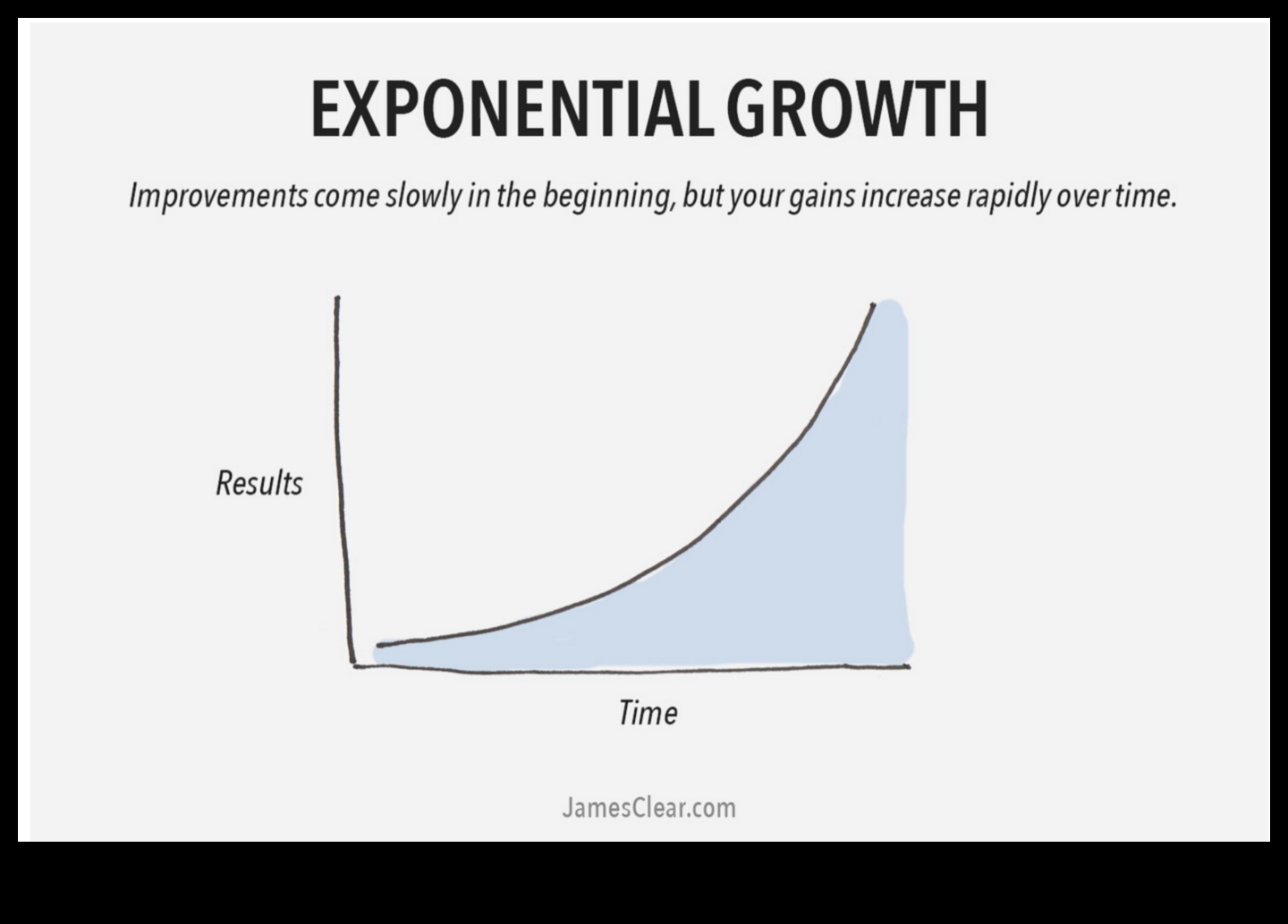
How Long Are Internships?
II. What is an internship?
III. What is the average length of an internship?
IV. Factors that affect the length of an internship
V. Benefits of internships
VI. How to find an internship
VII. How to prepare for an internship
VIII. How to make the most of your internship
IX. What to do after your internship
X. FAQ
| Internship Length | Internship Duration | Internship Time | Internship Period | Length of Internship Features |
|---|---|---|---|---|
| 1-3 months | Summer | Part-time | Fall/Spring | Curriculum-based |
| 3-6 months | Academic year | Full-time | Summer | Work-based |
| 6-12 months | Year-round | Full-time | Academic year | Research-based |
| 12+ months | Co-op | Full-time | Year-round | Industry-based |

II. What is an internship?
An internship is a temporary position in which a student or recent graduate works for a company or organization in order to gain experience in their field of interest. Internships can be paid or unpaid, and they typically last for a few months.
III. What is the average length of an internship?
The average length of an internship is between 10 and 12 weeks. However, there is no set length for an internship, and some internships can last for as little as a few weeks or as long as a year. The length of an internship will vary depending on the industry, the company, and the role that you are in.
For example, internships in the tech industry tend to be shorter than internships in the finance industry. This is because tech companies typically need to get their interns up to speed quickly so that they can contribute to projects. Finance internships, on the other hand, can be longer because they require more in-depth training.
The role that you are in will also affect the length of your internship. Internships for entry-level positions are typically shorter than internships for more senior positions. This is because entry-level interns need less training than more senior interns.
Ultimately, the best way to find out the average length of an internship for a particular industry or company is to speak to someone who has already completed an internship there. You can also check the company’s website or job postings to see if they list the internship length.
III. What is the average length of an internship?
The average length of an internship is between 10 and 12 weeks. However, there is no one-size-fits-all answer to this question, as the length of an internship can vary depending on a number of factors, such as the industry, the company, and the role.
For example, internships in the tech industry tend to be shorter than internships in other industries, such as finance or consulting. This is because tech companies often need to get new hires up to speed quickly, so they may not have the time or resources to provide a long-term internship experience.
Similarly, internships at smaller companies tend to be shorter than internships at larger companies. This is because smaller companies often have fewer resources to dedicate to interns, so they may not be able to offer a long-term internship experience.
Finally, the role that you are interning for can also affect the length of the internship. For example, internships that are focused on research or development may be longer than internships that are focused on marketing or sales.
Overall, the average length of an internship is between 10 and 12 weeks. However, there are a number of factors that can affect the length of an internship, such as the industry, the company, and the role.
V. Benefits of internships
Internships can provide a number of benefits for students and recent graduates, including:
- Gaining valuable work experience
- Networking with professionals in your field
- Learning new skills and knowledge
- Getting a foot in the door at your dream company
- Improving your resume and job prospects
Internships can also be a great way to explore different career paths and see what you might be interested in. They can also help you develop your professional skills and make connections that can benefit you throughout your career.
If you are considering an internship, be sure to do your research and find one that is a good fit for your skills and interests. You should also make sure that the internship is structured and provides you with opportunities to learn and grow.

III. What is the average length of an internship?
The average length of an internship is between 10 and 12 weeks. However, internships can range in length from a few weeks to a year or more. The length of an internship will vary depending on the industry, the company, and the role.
For example, internships in the tech industry tend to be shorter than internships in the finance industry. This is because tech companies often need to quickly get new employees up to speed on their specific software and technologies. On the other hand, finance internships can be longer because they require students to learn about complex financial concepts and regulations.
Additionally, the length of an internship may also depend on the role that you are interested in. For example, internships in entry-level positions are typically shorter than internships in more senior positions. This is because entry-level interns do not need as much training as more senior interns.
Finally, the length of an internship may also be affected by your availability. If you are only available for a short period of time, you may have to be more flexible about the length of your internship.
How to prepare for an internship
Preparing for an internship is essential to making the most of the experience. Here are a few tips to help you get started:
- Do your research. Learn as much as you can about the company and the internship position you’re applying for. This will help you answer questions during the interview and make a good impression on your potential employer.
- Update your resume and cover letter. Make sure your resume is up-to-date and highlights your skills and experience that are relevant to the internship position you’re applying for. Your cover letter should also be tailored to the specific internship position and company.
- Network with people in your field. Attend industry events, connect with people on LinkedIn, and reach out to friends and family for referrals. This can help you learn more about the internship opportunities that are available and get your foot in the door.
- Practice your interview skills. Interviewing for an internship is just like interviewing for a full-time job. It’s important to practice your answers to common interview questions and to make sure you’re well-prepared for the interview.
- Be yourself. The most important thing is to be yourself during the interview process. Employers want to hire people who are a good fit for their company culture, so don’t try to be someone you’re not.
By following these tips, you can increase your chances of getting the internship of your dreams.

How to make the most of your internship
An internship can be a valuable experience that can help you to gain skills, learn about a career field, and network with professionals. However, in order to get the most out of your internship, it is important to make the most of your time. Here are a few tips for making the most of your internship:
- Be proactive and take initiative.
- Ask questions and seek out opportunities to learn.
- Be a team player and contribute to the team.
- Network with your colleagues and mentors.
- Stay positive and enthusiastic.
By following these tips, you can make the most of your internship and gain valuable experience that will help you to achieve your career goals.
IX. What to do after your internship
After your internship is over, there are a few things you can do to make the most of the experience and help you land your dream job.
- Write a thank-you note to your manager and any other colleagues you worked with. This is a great way to show your appreciation for the opportunity and to keep in touch with your contacts.
- Update your resume and LinkedIn profile with your new internship experience. Be sure to include details about your responsibilities, accomplishments, and any skills you learned.
- Network with your colleagues and mentors. This is a great way to learn about new opportunities and to build relationships that could help you in your career.
- Seek out feedback from your manager and colleagues. This can help you identify areas where you can improve and make you more marketable to potential employers.
- Continue learning and developing your skills. This could involve taking classes, attending workshops, or reading industry publications.
By following these tips, you can make the most of your internship experience and set yourself up for success in your career.
X. FAQ
Q: How long is the average internship?
A: The average length of an internship is between 10 and 12 weeks. However, internships can range in length from a few weeks to a few months.
Q: What factors affect the length of an internship?
A: The length of an internship can vary depending on a number of factors, including the industry, the company, and the role. For example, internships in the tech industry tend to be longer than internships in other industries, and internships at larger companies tend to be longer than internships at smaller companies.
Q: What are the benefits of doing an internship?
A: There are many benefits to doing an internship, including:
- Gaining valuable work experience
- Building your network
- Learning new skills
- Exploring different career paths
- Getting a foot in the door at your dream company

How Long is an Internship?
II. What is an internship?
III. What is the average length of an internship?
IV. Factors that affect the length of an internship
V. Benefits of internships
VI. How to find an internship
VII. How to prepare for an internship
VIII. How to succeed in an internship
IX. What to do after an internship
X. FAQ
* internship length
* internship duration
* average internship length
* minimum internship length
* maximum internship length
| Feature | Answer |
|---|---|
| Internship length | The length of an internship can vary, but typically lasts for 10-12 weeks. |
| Internship duration | Internships can be full-time or part-time, and can be completed during the summer, fall, winter, or spring. |
| Average internship length | The average internship length is 10-12 weeks. |
| Minimum internship length | The minimum internship length is typically four weeks. |
| Maximum internship length | The maximum internship length is typically 12 months. |

II. What is an internship?
An internship is a temporary position in which a student or recent graduate works for a company or organization in order to gain experience and learn about a particular field. Internships can be paid or unpaid, and they typically last for a few months.
III. What is the average length of an internship?
The average length of an internship is between 10 and 12 weeks. However, internships can range in length from a few weeks to a year or more. The length of an internship is typically determined by the company or organization that is offering the internship, as well as the specific role or position that the intern is filling.
Some factors that can affect the length of an internship include:
- The industry in which the internship is taking place.
- The level of experience that the intern has.
- The specific role or position that the intern is filling.
- The availability of funding for the internship.
It is important to note that the length of an internship is not necessarily indicative of its value. An internship that is only a few weeks long can still be a valuable learning experience, while a longer internship may not be as beneficial if the intern is not engaged in meaningful work.
When considering an internship, it is important to think about the length of the internship in relation to your goals and interests. If you are looking for a long-term commitment, a longer internship may be a better fit. However, if you are simply looking for a way to gain experience and learn new skills, a shorter internship may be a better option.
IV. Factors that affect the length of an internship
There are a number of factors that can affect the length of an internship, including:
- The type of internship
- The industry
- The company
- The location
- The student’s availability
For example, internships in the tech industry tend to be shorter than internships in other industries, such as finance or consulting. Similarly, internships at small companies tend to be shorter than internships at large companies. And internships in urban areas tend to be shorter than internships in rural areas.
Ultimately, the length of an internship is a decision that should be made between the student and the employer. The student should consider their own needs and availability, and the employer should consider the needs of the internship program.
Benefits of internships
Internships can provide a number of benefits for students and recent graduates, including:
- Gaining valuable work experience
- Networking with professionals in your field
- Learning new skills and knowledge
- Improving your resume and job prospects
- Getting a foot in the door at your dream company
Internships can be a great way to get started in your career and learn about the different industries that you may be interested in. They can also help you to develop your skills and knowledge, and make connections with professionals who can help you in your future career.
If you are a student or recent graduate, I encourage you to consider pursuing an internship. It can be a great way to get ahead in your career and make a positive impact on your future.
III. What is the average length of an internship?
The average length of an internship is between 10 and 12 weeks. However, internships can range in length from a few weeks to a year or more. The length of an internship will vary depending on the industry, the company, and the specific role.
For example, internships in the tech industry are often shorter than internships in other industries, such as finance or consulting. This is because tech companies typically need interns to help with specific projects, and they may not need interns for a long period of time.
On the other hand, internships in finance or consulting are often longer than internships in other industries. This is because these industries require interns to learn a lot of information and develop a deep understanding of the business.
Ultimately, the length of an internship is a decision that should be made between the intern and the company. The intern should consider their own availability and interests, and the company should consider their needs and resources.

VII. How to prepare for an internship
Preparing for an internship can help you make the most of your experience and increase your chances of success. Here are a few tips to help you get started:
- Do your research. Learn as much as you can about the company you’re applying to, the internship position you’re interested in, and the industry you’re hoping to work in.
- Develop your skills. Brush up on your skills in the areas that are relevant to the internship position you’re interested in. This could include taking online courses, attending workshops, or volunteering.
- Network. Get to know people in your field of interest. This could include reaching out to professionals on LinkedIn, attending industry events, or shadowing someone at work.
- Create a strong resume and cover letter. Your resume and cover letter should be tailored to the specific internship position you’re applying for. Make sure to highlight your skills and experience that are relevant to the role.
- Practice your interview skills. Once you’ve landed an interview, it’s important to be prepared. Practice answering common interview questions and make sure you have a good understanding of the company and the internship position.
By following these tips, you can increase your chances of getting an internship and making the most of your experience.

How to succeed in an internship
An internship can be a great way to gain valuable experience, learn new skills, and network with professionals in your field. However, in order to get the most out of your internship, it’s important to know how to succeed. Here are a few tips:
- Be proactive. Don’t just wait for tasks to be assigned to you. Take the initiative and seek out opportunities to learn and grow.
- Be a team player. Work well with others and be willing to help out wherever you can.
- Be professional. Dress and act professionally, and be respectful of your colleagues.
- Be a good listener. Pay attention to what your supervisors and colleagues are saying, and ask questions when you don’t understand something.
- Be eager to learn. Take advantage of any opportunities to learn new skills or improve your existing skills.
- Be a self-starter. Don’t wait for someone to tell you what to do. Take the initiative and find ways to make a contribution.
- Be positive. A positive attitude will make you more enjoyable to work with and will help you to succeed in your internship.
If you follow these tips, you’ll be well on your way to succeeding in your internship.
What to do after an internship
After you complete an internship, there are a few things you can do to make the most of your experience.
First, write a thank-you note to your supervisor and any other mentors you had during your internship. This is a great way to show your appreciation for their time and guidance, and it can also help you build relationships that could lead to future opportunities.
Second, update your resume and LinkedIn profile to reflect your new skills and experience. This will help you stand out when you’re applying for new jobs or internships.
Third, consider writing a blog post or article about your internship experience. This is a great way to share your knowledge with others and to show potential employers what you’re capable of.
Finally, network with the people you met during your internship. Attend industry events, connect with them on LinkedIn, and reach out to them for advice and guidance. These connections can be invaluable as you start your career.
X. FAQ
Question 1: What is the average length of an internship?
The average length of an internship is 10 weeks. However, internships can range in length from a few weeks to a few months.
Question 2: What are some factors that affect the length of an internship?
The length of an internship can be affected by a number of factors, including the industry, the company, and the role.
Question 3: What are the benefits of internships?
Internships offer a number of benefits to students and recent graduates, including:
- Gaining valuable work experience
- Networking with professionals in your field
- Exploring different career paths
- Building your resume
- Getting a head start on your career